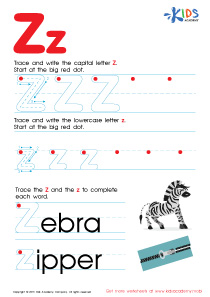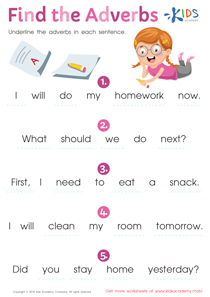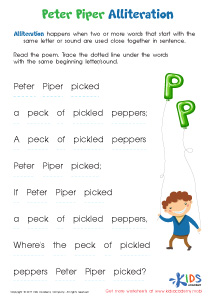Alphabet Recognition Extra Challenge Grade 3 ABC Letters Worksheets
3 filtered results
-
From - To
Boost your third grader's alphabet recognition skills with our "Alphabet Recognition Extra Challenge Grade 3 ABC Letters Worksheets." Designed to engage and inspire, these worksheets offer a fun and effective way to practice identifying and writing letters. Ideal for enhancing literacy, our resources include a variety of activities that cater to different learning styles. Students will work through challenges that promote both recognition and application of their knowledge in engaging ways. Perfect for reinforcing classroom concepts or as a supplemental resource at home, these worksheets are sure to make learning the alphabet exciting and enjoyable! Download now and watch your child's skills grow!


Letter A Tracing Page
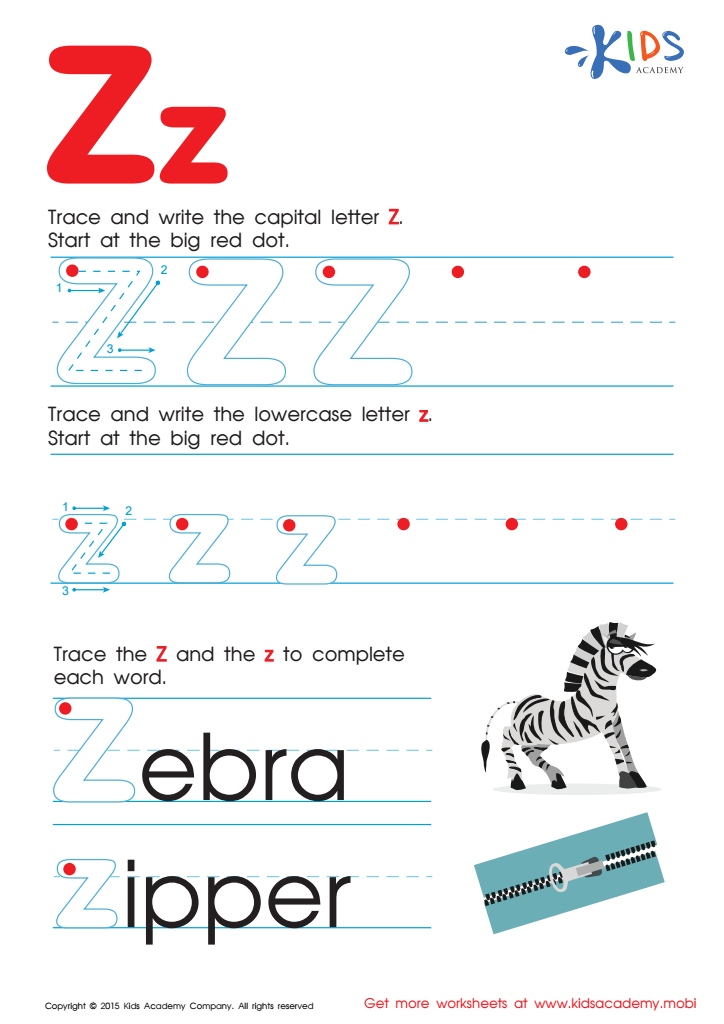

Letter Z Tracing Page
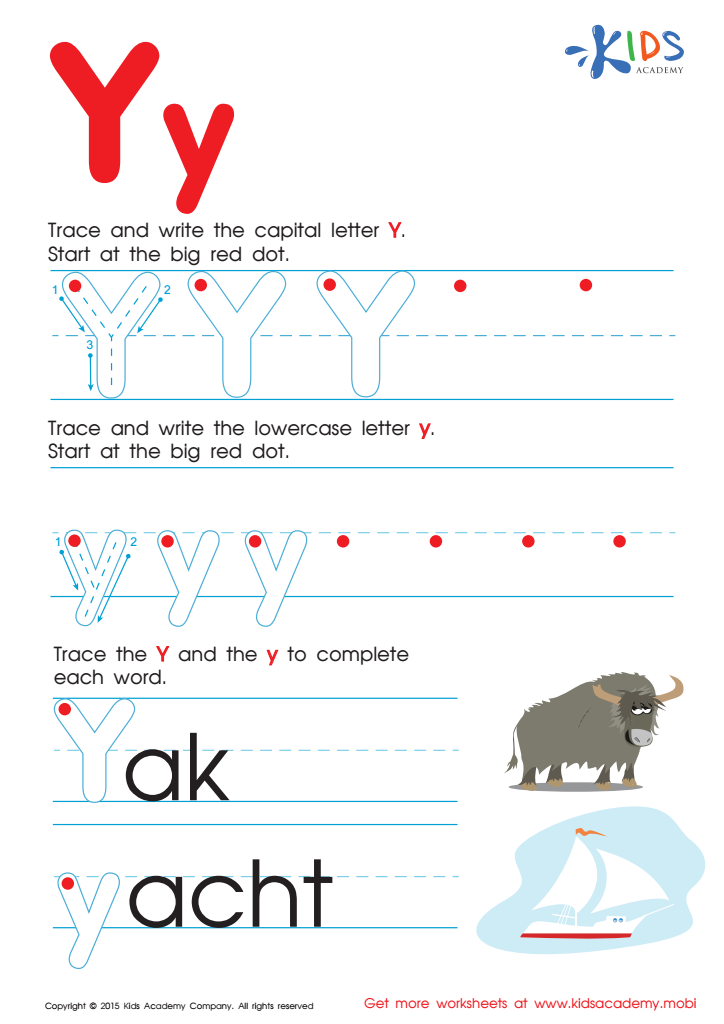

Letter Y Tracing Page
Parents and teachers should care about the Alphabet Recognition Extra Challenge for Grade 3 because it lays the fundamental groundwork for reading and writing skills. Mastery of the alphabet is crucial at this stage, as it enhances phonemic awareness, essential for decoding words and improving literacy. Children who struggle with letter recognition may face challenges in spelling, vocabulary acquisition, and comprehension later on.
This extra challenge encourages students to engage with letters in a more dynamic way, fostering both recognition and understanding of their roles in language. It builds confidence as children successfully identify and use letters in various contexts, promoting a love for reading. Moreover, it helps differentiate instruction—allowing educators to cater to diverse learning levels, ensuring that advanced students remain stimulated while providing support to those who need it.
Additionally, enhanced alphabet recognition can significantly impact students' academic performance across subjects, as literacy connects to all areas of learning. For parents, showing active involvement in their child's education, such as engaging with these challenges at home, establishes a supportive learning environment and communicates to children that their education is a priority. Overall, prioritizing alphabet recognition is essential for nurturing lifelong readers and learners.
 Assign to My Students
Assign to My Students





